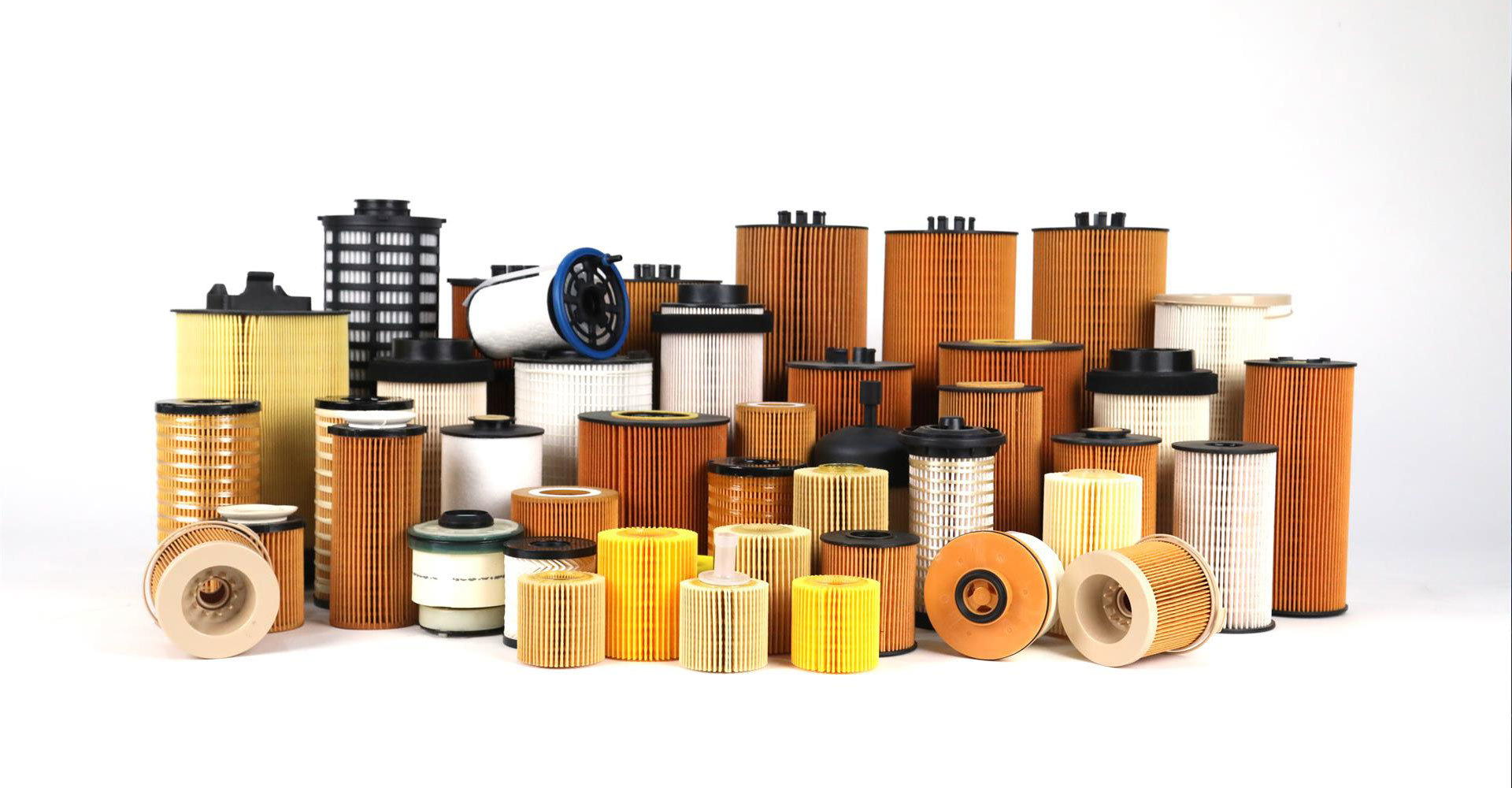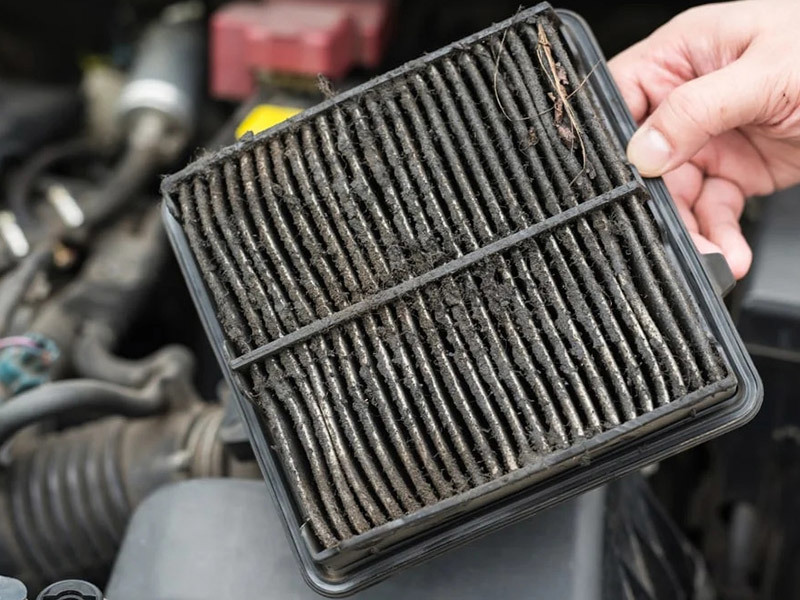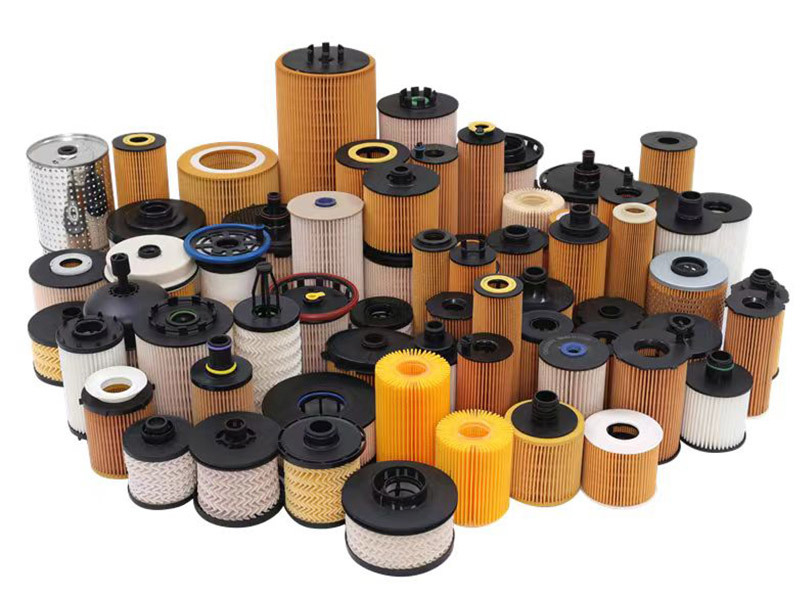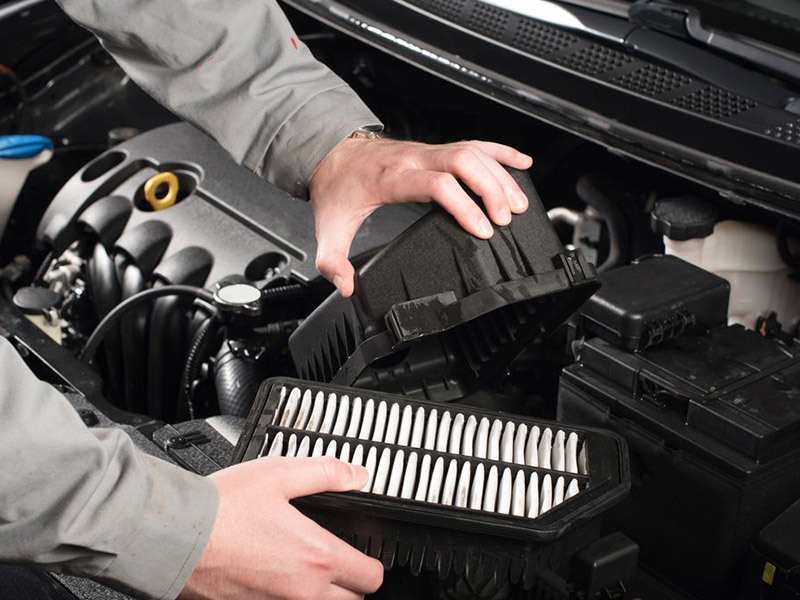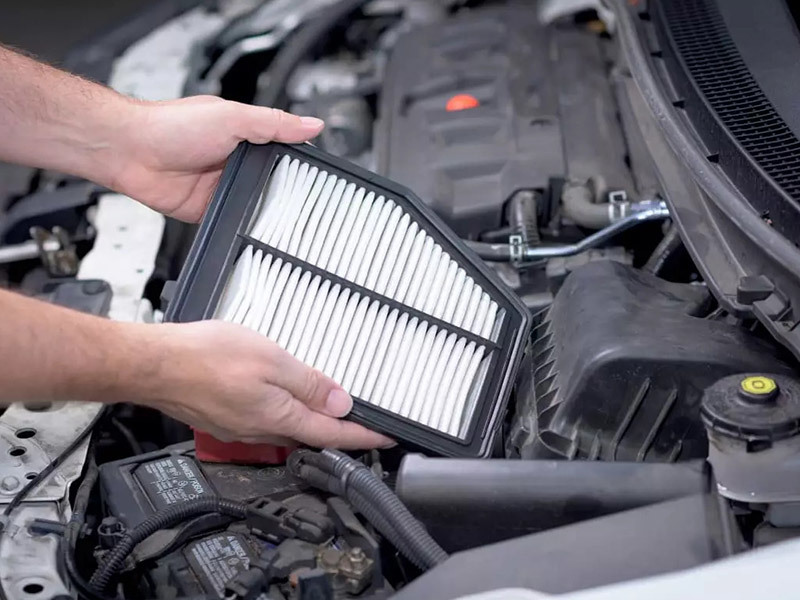Focus On Hot Spots
Contact Info
E-mail: tengsen@injenfilter.com
Business Phone: +86-18131928561
WhatsApp: +86-18131928561
Address: Ge Xianzhuang Zhen Wu Jia Na Cun Xi, Qinghe County, Xingtai City, Hebei Province
Demystifying Diesel Filters: Everything You Need to Know
Release Time:
Jul 19,2025
Demystifying Diesel Filters: Everything You Need to Know Table of Contents 1. Introduction to Diesel Filters 2. What is a Diesel Filter? 3. Types of Diesel Filters 4. How Diesel Filters Work 5. The Importance of Diesel Filters for Vehicle Performance 6. Choosing the Right Diesel Filter for Your Vehicle 7. Maintenance and Replacement of Diesel Filters 8. Common Issu
Demystifying Diesel Filters: Everything You Need to Know
Table of Contents
- 1. Introduction to Diesel Filters
- 2. What is a Diesel Filter?
- 3. Types of Diesel Filters
- 4. How Diesel Filters Work
- 5. The Importance of Diesel Filters for Vehicle Performance
- 6. Choosing the Right Diesel Filter for Your Vehicle
- 7. Maintenance and Replacement of Diesel Filters
- 8. Common Issues and Troubleshooting Diesel Filters
- 9. Conclusion
- 10. FAQs
1. Introduction to Diesel Filters
In the world of automotive maintenance, diesel filters play a vital role in ensuring that your vehicle runs smoothly and efficiently. Designed to separate impurities from the fuel, these filters safeguard the engine against potential damage. Understanding the intricacies of diesel filters can enhance your vehicle's performance and longevity.
2. What is a Diesel Filter?
A diesel filter is a crucial component of a diesel engine’s fuel system. Its primary function is to **remove contaminants** such as dirt, dust, water, and other particles from the diesel fuel before it reaches the engine. With a correctly functioning diesel filter, you can improve fuel efficiency and reduce harmful emissions.
2.1 The Composition of Diesel Filters
Diesel filters are typically composed of various elements, including a filtering media, a housing, and a drainage feature. The filtering media can be made from synthetic fibers or a combination of materials designed to trap contaminants effectively.
2.2 The Role of Water Separation
Water in diesel fuel can be detrimental, leading to corrosion and engine wear. Many diesel filters come equipped with **water-separating capabilities** to ensure that any water present is effectively removed before the fuel enters the engine.
3. Types of Diesel Filters
There are several types of diesel filters, each serving a specific function. Understanding these types can help you select the best option for your vehicle.
3.1 Primary Diesel Fuel Filters
Primary filters are the first line of defense against contaminants. They are typically located near the fuel tank and filter larger particles.
3.2 Secondary Diesel Fuel Filters
Secondary filters provide an additional layer of filtration, usually found closer to the engine. These filters focus on removing smaller particles and water.
3.3 Water Separators
As the name suggests, water separators are specialized filters that remove water from diesel fuel. They are essential for protecting the engine from corrosion caused by moisture.
4. How Diesel Filters Work
Understanding how diesel filters function is crucial for effective vehicle maintenance. The filtration process involves several stages.
4.1 Filtration Process
As fuel passes through the filter, contaminants are trapped in the filtering media. The clean fuel then flows to the engine, ensuring optimal performance.
4.2 The Role of Pressure
Diesel filters operate under pressure, which helps push the fuel through the filtering media. If the filter becomes clogged, this pressure can drop, leading to reduced fuel flow and potential engine issues.
5. The Importance of Diesel Filters for Vehicle Performance
The significance of diesel filters cannot be overstated. They play a vital role in maintaining the overall health of your vehicle's engine.
5.1 Enhancing Fuel Efficiency
Clean fuel leads to better combustion, which translates to improved fuel efficiency. A well-maintained diesel filter can help you save on fuel costs.
5.2 Reducing Emissions
Efficient filtration reduces the amount of unburned fuel and contaminants that escape into the atmosphere, contributing to lower emissions and a more environmentally-friendly vehicle.
5.3 Prolonging Engine Life
By preventing harmful particles from entering the engine, diesel filters help extend the lifespan of engine components, reducing the likelihood of expensive repairs.
6. Choosing the Right Diesel Filter for Your Vehicle
Selecting the appropriate diesel filter is essential for maintaining engine performance. Here are key factors to consider.
6.1 Vehicle Make and Model
Always refer to your vehicle’s manufacturer recommendations when selecting a diesel filter. Different makes and models may require specific filter designs.
6.2 Filter Quality
Investing in high-quality diesel filters can make a significant difference in performance and durability. Opt for filters from reputable brands to ensure reliability.
6.3 Compatibility with Fuel Systems
Ensure that the chosen filter is compatible with your vehicle's fuel system, including considerations for water separation and filtration ratings.
7. Maintenance and Replacement of Diesel Filters
Proper maintenance and timely replacement of diesel filters are critical to sustaining vehicle performance.
7.1 Regular Inspection
Conduct regular inspections of your diesel filter to check for signs of clogging or damage. A simple visual check can often reveal potential problems.
7.2 Replacement Schedule
Follow the manufacturer's guidelines regarding the replacement schedule for diesel filters. Depending on usage and driving conditions, filters may need to be replaced every 10,000 to 30,000 miles.
7.3 DIY Maintenance Tips
For those comfortable with DIY maintenance, changing a diesel filter can be a straightforward process. Always follow safety precautions and refer to your vehicle’s service manual.
8. Common Issues and Troubleshooting Diesel Filters
Even with proper maintenance, diesel filters can encounter issues. Here are some common problems and solutions.
8.1 Clogged Filters
A clogged filter can lead to reduced engine performance and fuel flow. If you notice sluggish acceleration or difficulty starting, it may be time to check and replace the filter.
8.2 Water Contamination
If you experience issues related to water contamination, such as engine misfiring or stalling, inspect the fuel system and replace the water separator if necessary.
8.3 Fuel Leaks
Fuel leaks can be dangerous and should be addressed immediately. Check all connections and seals for damage, and replace any faulty components.
9. Conclusion
Understanding diesel filters is essential for any diesel vehicle owner. By recognizing their function, types, and maintenance requirements, you can ensure your engine runs smoothly and efficiently. Regularly inspecting and replacing your diesel filter not only enhances performance but also extends the lifespan of your engine, ultimately saving you time and money in the long run.
10. FAQs
What is the main function of a diesel filter?
The main function of a diesel filter is to remove contaminants and impurities from diesel fuel before it enters the engine.
How often should I replace my diesel filter?
The replacement frequency varies by vehicle, but most diesel filters should be replaced every 10,000 to 30,000 miles. Consult your manufacturer’s guidelines for specific recommendations.
Can I use a universal diesel filter in my vehicle?
While universal filters may fit many vehicles, it's always best to use filters specifically designed for your make and model to ensure optimal performance.
What symptoms indicate a clogged diesel filter?
Symptoms of a clogged diesel filter include sluggish acceleration, difficulty starting the engine, and decreased fuel efficiency.
How do I know if my diesel filter has a water separation feature?
Check the product specifications or consult your vehicle’s manual. Filters with water separation features are often labeled accordingly.
By understanding the nuances of diesel filters, you can take proactive steps to maintain your vehicle and ensure it operates at peak performance.
Key words:


